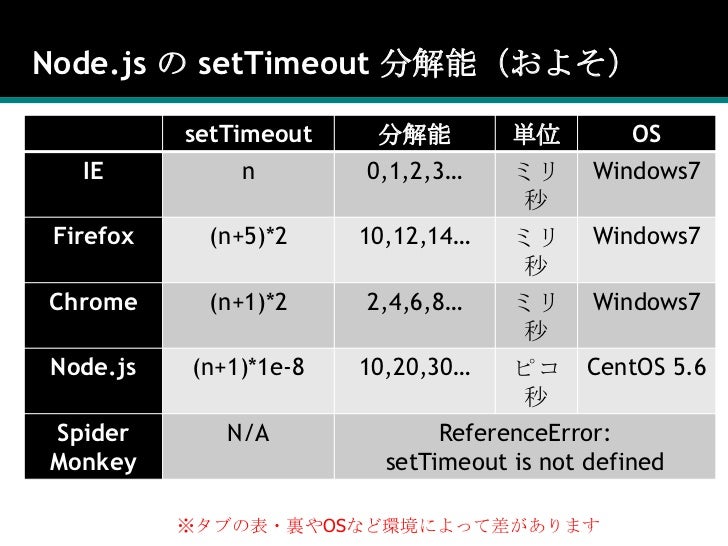

The one we’re particularly interested in today is a library providing it with its asynchronous I/O – libuv. There are many parts that make node.js whole. The answer should hardly be a mystery at this point, as both the title and the introduction reveal it – it’s threads. But how did that happen? To the best of my knowledge node.js, is not powered by magic and fairy dust and things don’t just get done on their own. And once that’s done, we get a gentle reminder in the form of a callback. We’re free to continue doing whatever it is that we’re doing while the file we wanted loads itself into memory. As you might imagine, had this function not been asynchronous, trying to read several gigabytes of data at once (which, in itself, doesn’t seem like the best idea but that’s not the point) would’ve left our application completely unresponsive for a noticeable period of time, which obviously would have been unacceptable.īut since it is asynchronous, everything is fine and dandy. Some types of operations, such as file system access or networking, are expected to take orders of magnitude more CPU cycles to complete than, say, RAM access, especially if we combine them into larger functions – an example of which could be node’s fs.readFile(), reading contents of an entire file. With that out of the way, we can move on to actually explaining what is going on.

Without it, the original sample runs in fraction of a second and you cannot really spot the problem. The only purpose of this modification was to prepare a minimal code showcasing the issue with consistent results. var fs = require('fs') įor (var i = 0 i LD_PRELOAD=./scandir.so node index.js It reads the contents of the current directory three times, ignores the results and simply prints out how long, from the beginning of the program, it took to reach the callback for each particular iteration. Without revealing too much just yet, let me show you an example. However, your JavaScript code is not everything node is dealing with. True, all the JavaScript code that you write will indeed run on a single thread. „Wait a moment!”, you might say, „Threads in node.js? That’s preposterous! Everyone knows node.js is single-threaded!”. Please keep in mind that we’ll be getting a bit technical here and this may not be the best starting point if you’ve just begun your adventure with node. Let me tell you a story about the issues I encountered with threads meddling with node.js applications I worked on and explain why you should care. It accepts a function and a delay time in milliseconds.All examples were ran on a 64-bit Ubuntu 14.04 machine on node 0.12.0. The setTimeout() function schedules code for the runtime to execute once a set amount of time has passed. Using setTimeout() to Wait for a Specific Time


 0 kommentar(er)
0 kommentar(er)
